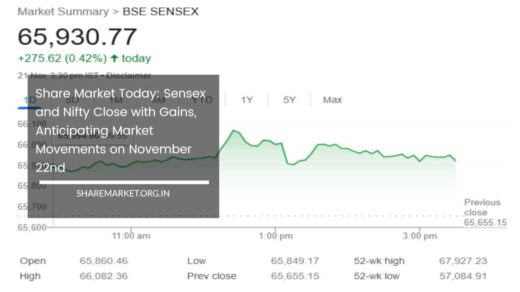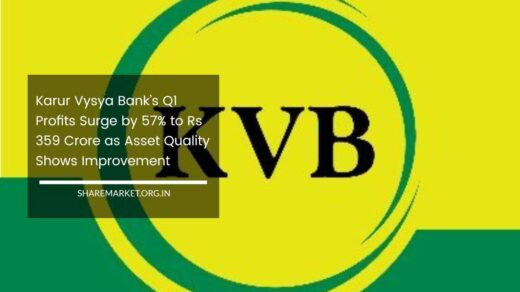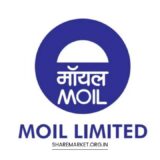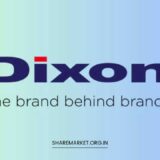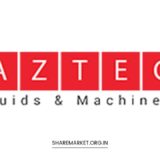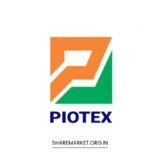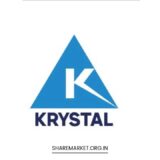Why HDFC Bank Share Falling
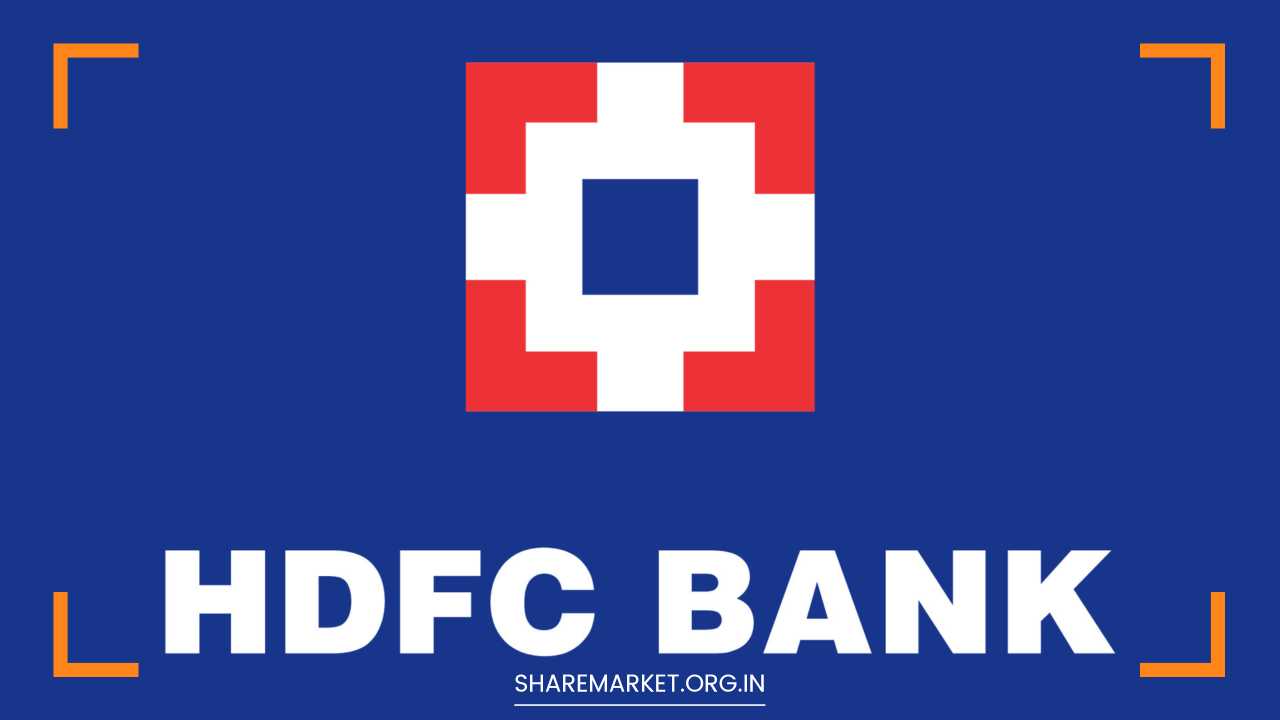
HDFC Bank
Navigating the Current Landscape: A Deep Dive into the Factors Influencing HDFC Bank’s Recent Stock Decline
In the wake of HDFC Bank’s third-quarter results, a pronounced and sustained fall in its share prices has triggered widespread concern among investors and market observers.
This downturn has sparked speculation, particularly regarding the role of Foreign Portfolio Investors (FPIs) in offloading their holdings, possibly due to increased regulatory scrutiny.
While HDFC Bank promptly denied any such connection, stating a lack of evidence to support claims of FPIs divesting to evade additional information requirements, the market remains on edge.
As of January 25, HDFC Bank shares experienced a decline of over 1 percent, closing at 1440.70 paise, marking a staggering drop of more than 14 percent over the past month.
FPIs and Regulatory Concerns
The prevailing narrative around FPIs exiting HDFC Bank shares is closely tied to concerns about regulatory compliance.
Foreign investors have been part of a broader trend, selling shares in the Indian market for the fifth consecutive day.
In January alone, FPIs have divested shares worth a total of Rs 19,307 crore. This significant sell-off has not only impacted HDFC Bank but has also cast a shadow over the entire market, contributing to the prevailing red trend.
Two primary fears are currently haunting FPIs. Firstly, the demands from the Securities and Exchange Board of India (SEBI) for additional information have raised eyebrows and fueled apprehensions among foreign investors.
Secondly, the lackluster performance of India Inc. in the third-quarter results has failed to inspire confidence, further contributing to the prevailing uncertainties in the market.
Market-Wide Concerns and Company Performance
Beyond the specific concerns related to HDFC Bank, a broader trend has emerged. Many companies, including prominent banks like HDFC Bank, have reported results falling short of market expectations.
The business data from these entities, particularly in the banking sector, has disappointed, leading to increased selling pressure in the market. The cumulative effect of disappointing corporate performances has cast a gloom over investor sentiment.
Notably, the heavyweight indices, with HDFC Bank being a significant player, have experienced tremendous selling pressure, further exacerbating the overall market downturn.
VK Vijayakumar, Chief Investment Strategist at Geojit Financial Services, believes that this persistent selling has driven HDFC Bank shares to an attractive valuation, presenting a potentially lucrative investment opportunity.
Expert Opinions and Recommendations
Despite the challenging market conditions, seasoned analysts and brokerage firms remain optimistic about HDFC Bank’s future prospects.
VK Vijayakumar suggests that the current share price represents a favorable entry point for investors, urging them to consider the long-term potential amid the current market turbulence.
Jefferies, a notable brokerage firm, supports this positive outlook by advising investors to buy HDFC Bank shares, setting a target price of Rs 2000.
Their analysis underscores the bank’s impressive core profit before tax growth and net profit, which they believe positions it well for future gains.
Jefferies is particularly optimistic about HDFC Bank’s prospects, citing improved retail deposits and lending as key drivers for the bank’s future success.
HSBC, another prominent financial institution, echoes this sentiment and recommends buying HDFC Bank shares.
However, they have slightly adjusted their target price from Rs 2080 to Rs 1950. Despite the adjustment, HSBC remains confident in HDFC Bank’s ability to capitalize on enhanced retail deposits and lending activities.
InCred, a firm known for its strategic financial insights, has also advised adding HDFC Bank shares to portfolios.
They have set a target price of Rs 2000, expressing confidence in the bank’s credit growth and manageable deposits, which they believe will contribute positively to its future performance.
DAM Capital, maintaining a buy recommendation, has set a target price of Rs 2000 for HDFC Bank shares. Their analysis suggests that the current market conditions offer an opportune moment to invest in the bank, emphasizing its long-term growth potential.
Motilal Oswal, a trusted name in financial services, has consistently recommended buying HDFC Bank shares. They have set a target price of Rs 1950, reaffirming their confidence in the bank’s ability to weather the current market challenges and deliver sustained growth.
Insights from Sameer Arora’s Portfolio
Adding credibility to the positive outlook on HDFC Bank, influential investors like Sameer Arora have maintained their positions in the bank.
This is a noteworthy observation, signaling a continued confidence in HDFC Bank’s fundamentals despite the prevailing market uncertainties.
Conclusion: Navigating the Investment Landscape
In conclusion, while the recent decline in HDFC Bank’s share prices has raised legitimate concerns among investors, a closer examination reveals a complex interplay of factors contributing to this downturn. The role of FPIs, regulatory concerns, and broader market trends have all played a part in shaping the current investment landscape.
Despite the challenges, seasoned experts and brokerage firms advocate for a measured and strategic approach.
Viewing the current decline as an opportunity rather than a setback, they emphasize HDFC Bank’s strong fundamentals, positive growth indicators, and the potential for future gains.
Investors are advised to conduct thorough research, assess risk tolerance, and consider a long-term perspective when making decisions in these turbulent market conditions.
As with any investment, a comprehensive understanding of the underlying factors and careful consideration of expert recommendations can guide investors toward informed and prudent decisions in the ever-evolving financial landscape.


